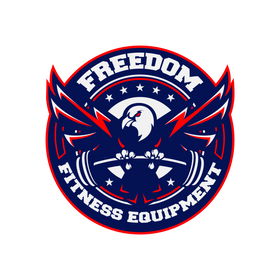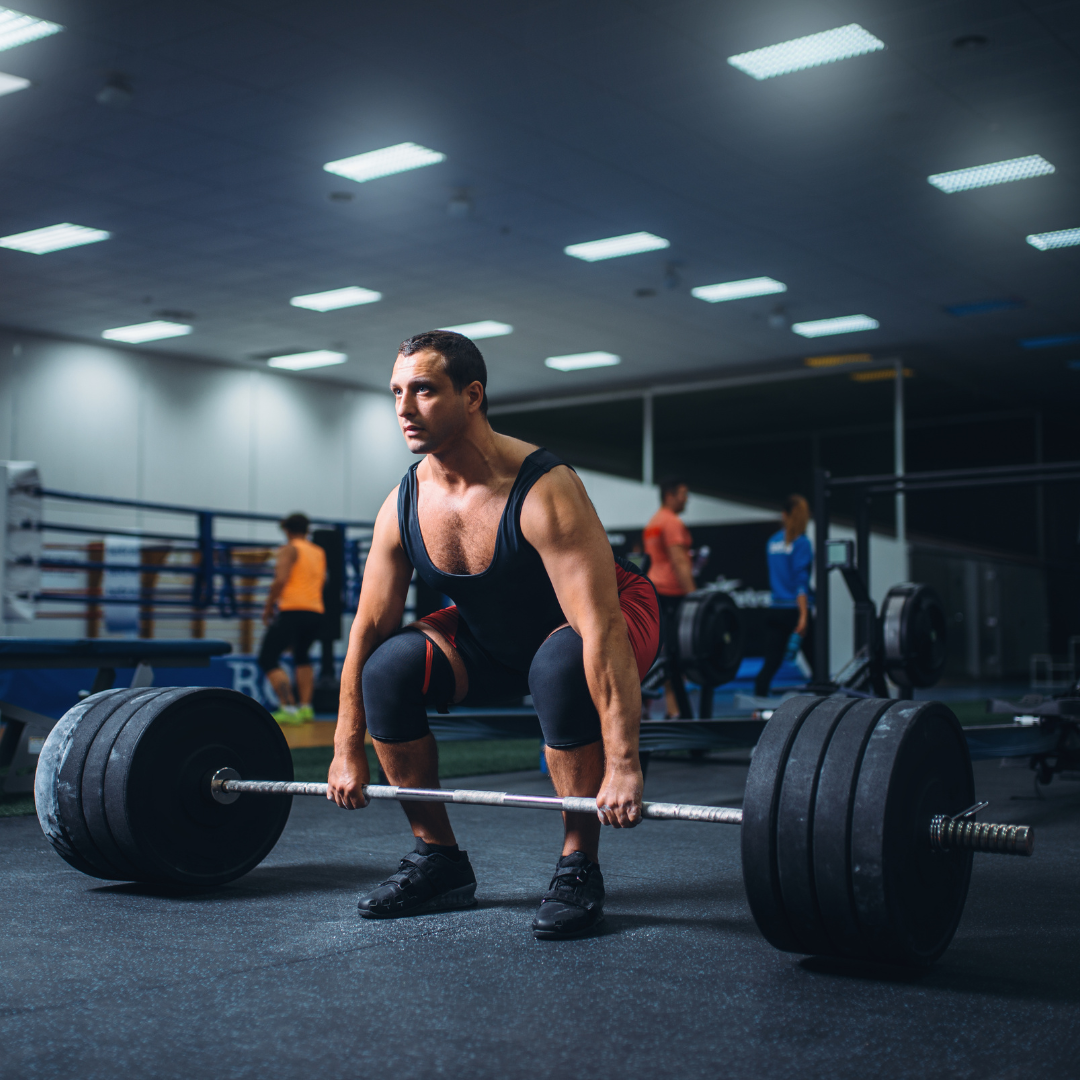Powerlifting, like anything else, evolves over time. People influence and are influenced every day by what information they consume and who they surround themselves with. I’ve gotten the question on several occasions “is crew training dead?” … my answer is no but my answer is based on my upbringing in the sport, my training environment, and what I have experience with. Others may have a different take, and I could simply end the article here and say, “it depends.”
Instead, I am going to word vomit what I think of crew training and why I think it’s amazing. While many individuals pursue powerlifting as a solo endeavor, there’s mountains of evidence that training with a crew offers significant advantages. It does seem that training in a crew isn’t as prominent as it used to be. I get it. Training solo is easier to plan and coordinate and it’s how most lifters start out. This is also not a knock-on solo training. I know many people who thrive training alone and do it because they have no other options.
Despite it seemingly not being as popular as it used to be, there are still places where crew training thrives and in turn so does its lifters. I’m here today to preach you the gospel of crew life, its shortfalls, and how to cultivate your own crew.
Field of dreams style. If you build it, they will come…and squat.
The Cons
Before I start my laundry list of benefits of crew training, I’m going to start by sharing some not-so-great stuff about it.
Schedules
Trying to get a group of people all on the same page, with similar goals, to show up to the gym at the same time is a game of herding cats. Powerlifting is a hobby. People have jobs, families, and other responsibilities to navigate through and that makes it difficult to nail down a consistent crew schedule. It is not impossible though.
Consistency
People are inherently inconsistent and unreliable. You must be prepared to get let down by them if you’re building a crew. You’re going to have people show up late or not show at all. You’re going to have awesome, helpful, and consistent people join for a period of time and then one day they’ll stop showing. You’re going to have drifters in and out of your crew that you can’t really rely on, but when they’re there, they’re great. My advice is to not take any of it personally.
Teamwork
Not everyone works well with others. You will likely have to deal with some personality conflicts and egos. Whether you put it into effect on purpose or not, there will naturally be a chain of command in your crew or some sort of leadership-type role someone takes on – not everyone likes this but, in my experience, it is necessary for success. Read the room, lead by example, step up if you need to, and allow yourself to follow if that is what is called for.
Buy-In
Buy in. In order for a crew to be successful, there needs to be a certain level of buy in from each member. This is difficult to do because most groups have a smattering of folks with various goals which can influence the consistency of the group and the level of seriousness in which the group takes their training. Your crew may be following different programs or coaching, which also complicates things but shouldn’t be a deterrent in trying to form a crew. Many will come and go because of this and that’s okay – expect it and don’t let it bring you down when it happens.
The Pros
Now for the sunshine and rainbow’s part. If you can join an already established crew or create your own – the good significantly outweighs the bad.
Accountability and Discipline
One of the most significant benefits of powerlifting with a team is the support that comes from group training. In a sport where mental and physical challenges are constant, having a support system in the form of a crew can keep lifters pushing through difficult sessions. Studies on group exercise demonstrate that individuals are more likely to stick to their fitness routines when they train with others, as the social aspect provides accountability (Carron et al., 1996). The presence of teammates who share similar goals fosters a culture of encouragement, making it less likely for lifters to miss workouts or give less than their full effort.
There are many days where I don’t want to drag myself into the gym. Motivation is unreliable and when motivation lets you down – discipline takes over and so will your crew. If my Mema taught me one thing, it’s the power a good guilt trip can wield. I hate the feeling of letting someone down, especially someone who’s goals and safety depend on your presence and visa versa.
Improved Technique Through Feedback
Technical precision is essential in powerlifting to avoid injury and ensure progress. Powerlifting with a team provides lifters with consistent feedback from peers who can spot form errors that might otherwise go unnoticed in solo training. They can also call you on your BS when you’re slacking or dissuade you from making a dumb jump or taking a weight that you’re not ready for. Whether it's ensuring proper depth in a squat or making sure you lock your deadlift out, teammates can offer immediate and constructive criticism. This feedback loop is particularly important during heavy lifts, where even minor technical flaws can lead to plateaus or injuries. The constant presence of a crew enables lifters to refine their form over time, leading to more effective and safer training.
Competition and Progress
Training with a crew also brings an element of healthy competition, which can drive lifters to new levels of performance. When surrounded by others who are lifting similar weights or pushing for similar goals, lifters are naturally inclined to push harder to keep up. This competitive atmosphere fosters a sense of camaraderie, as teammates support one another while also striving to outdo each other in a constructive way. According to Wankel and Kreisel (1985), the social facilitation effect seen in group settings can lead to improved performance, as individuals are motivated to perform better when observed by others.
My training partners can attest to my competitive BS. I’ll sneak a chip plate on my barbell just to edge someone out. Why? I don’t know. I got issues. But it makes it fun. One of my training partners is at the same weights as me in a lot of lifts and I enjoy training with him specifically because if he makes a jump then I must make that jump and he does the same with me and we’re stronger for it.
Emotional Support & Camaraderie
Powerlifting can be a mentally taxing sport. Whether it's dealing with the frustration of missing a lift or managing the mental pressure of competition, having a team offers emotional support that can alleviate stress. Teammates who understand the demands of the sport can offer empathy and advice during tough times, helping lifters maintain a positive mindset. This social support system can be especially beneficial during competition preparation, where anxiety and self-doubt are common. Research on social support in sports highlights its role in reducing stress and enhancing overall well-being (Rees et al., 2007).
If you genuinely get along with the people you train with, it makes for a much more enjoyable workout. The crews I’ve been in develop inside jokes, poke fun at each other, get the zoomies together, and overall, just have a good time with training.
Shared Knowledge and Resources
Another advantage of powerlifting with a team is the collective knowledge and experience that comes from training with a diverse group of individuals. Teammates often come from different backgrounds and may have different approaches to training, recovery, and nutrition. This diversity allows for the exchange of valuable tips, techniques, and strategies that can benefit everyone in the group. Additionally, teams often have access to better training facilities, equipment, and coaching/recovery/nutrition resources, which can lead to more structured and efficient workouts.
If you have the means and it makes sense for your training, I urge you to visit other gyms and drop in and train with new crews. This isn’t really a long-term option because there’s no consistency, but you will be surprised with how much knowledge you can pick up from different environments and people. I also urge you to attend an EliteFTS Train Your Ass OFF (TYAO) seminar or other seminars lifters and coaches put on. You’ll be able to network, learn, and bring new things back to your home gym to make your crew better.
Safety
SAFETY SAFETY SAFETY! Set your daggum safety straps, face savers, and use spotters! The number of careless injuries that happen in powerlifting because someone was too lazy to check their equipment is astonishing. A crew can help with this. Training with a team ensures that lifters have spotters available during heavy sets, significantly reducing the risk of injury. Spotters can assist in re-racking the bar, handing off, or intervening if you start to ride the struggle bus a little too hard on a lift, providing an extra layer of safety that is not always available if you train alone. Moreover, teammates can help monitor signs of overtraining or fatigue, encouraging lifters to adjust their training plans to prevent long-term injuries.
Wrapping it up
While powerlifting is often viewed as an individual sport, the benefits of training with a team or crew are substantial. It might not always be an option based on your schedule or what you have available, but if you can get with a crew, I highly recommend it. From increased discipline and accountability to technical improvement, friendships, rivalries, and safety- powerlifting with a group can enhance both the physical and mental aspects of the sport. Whether preparing for a competition or simply striving for personal improvement, the camaraderie and shared experience of a team can make powerlifting a more enjoyable and rewarding. So, what are you waiting for? DO IT!
Carron, A. V., Hausenblas, H. A., & Mack, D. (1996). Social influence and exercise: A meta-analysis. Journal of Sport and Exercise Psychology, 18(1), 1-16.
Rees, T., Hardy, L., & Evans, L. (2007). The influence of social support on performance and well-being in sport. Sport, Exercise, and Performance Psychology, 6(3), 223-236.
Wankel, L. M., & Kreisel, P. S. (1985). Factors underlying enjoyment of youth sports: Sport and age group comparisons. Journal of Sport Psychology, 7(1), 51-64.

